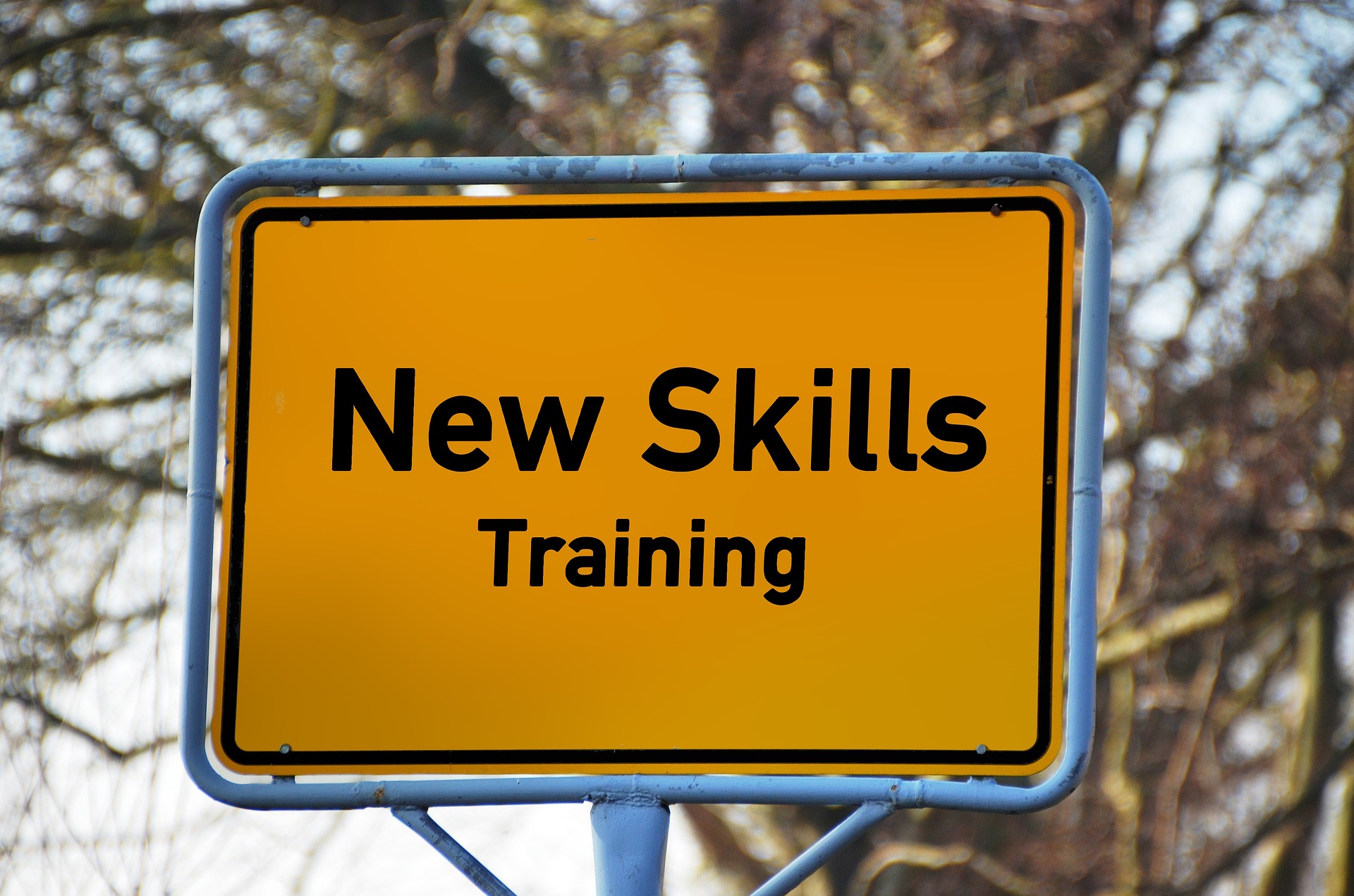Ten actions to improve the skills of European citizens: this was how the last year New Skills Agenda initiative has been presented, emphasizing again the importance of training in the enhancement of human capital. Challenges to be faced with the digital revolution, the fight against the phenomenon of young NEET, the strengthening of VET opportunities and the recognition of a European framework of professional qualifications are some of the themes of the Agenda to strengthen the employability of European workers, providing them with the right skills to adapt to the changes in the global labour market.
Being aware of the processes of globalization and migration flows, the EU has not only considered Member States workers while launching this initiative. Indeed, two-thirds of immigrants from third countries are highly educated but cannot find work, or perform low or medium-skilled jobs. For this reason, one of the lines of action is also addressed to non-EU countries by adopting a set of tools for identifying and evaluating the skills of non-EU workers. It is a win-to-win process, as defined by Marianne Thyssen, Commissioner for Employment, because it allows to value and not waste talent from third countries by facilitating their integration. This initiative is therefore part of a more complex European policy launched with the 2016 Action Plan, where training is complementary to access essential social services and school inclusion actions.
The toolkit has been presented on the 20th of June 2017 in Brussels by experts, commissioners, politicians and other stakeholders in the fields of education, employment and migration. It is an integrated tool working with Europass and the European Qualifications Framework – also revised in the Agenda – to allow employers, education and training institutions and competent authorities to compare national qualifications with those of other EU and non-EU countries. It is not a resource for the recognition of qualifications, but a self-evaluation system that allows you to receive some suggestions on the activities to be undertaken in order to suit the European labour market. Actually, similar initiatives – linked to the valuation of the skills of foreign workers – have already been undertaken by United States and Canada, two historical target countries for migration flows.
The toolkit is designed for authorities and agencies involved in the integration of refugees (including non-profit organizations), but also for employment services that can provide ad hoc counselling on both professional and educational paths.
How does it work? Operators will be able to include personal information about a foreign citizen and his expectations on a purposefully designed online platform, which is currently available in its beta version. The analysis of the skills involved will lead to a global assessment with suggestions on the actions to be taken and the Commission has invited all operators to test the platform in with the objective of implementing it while tracking the next steps of the Agenda.
